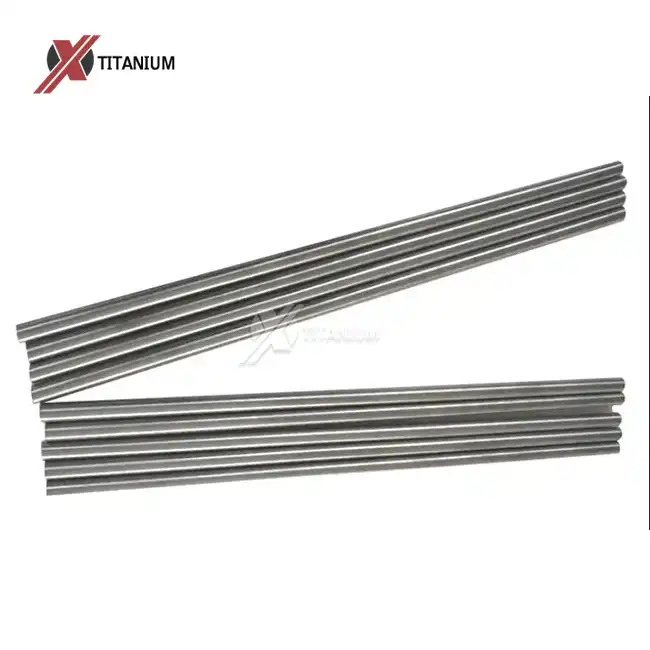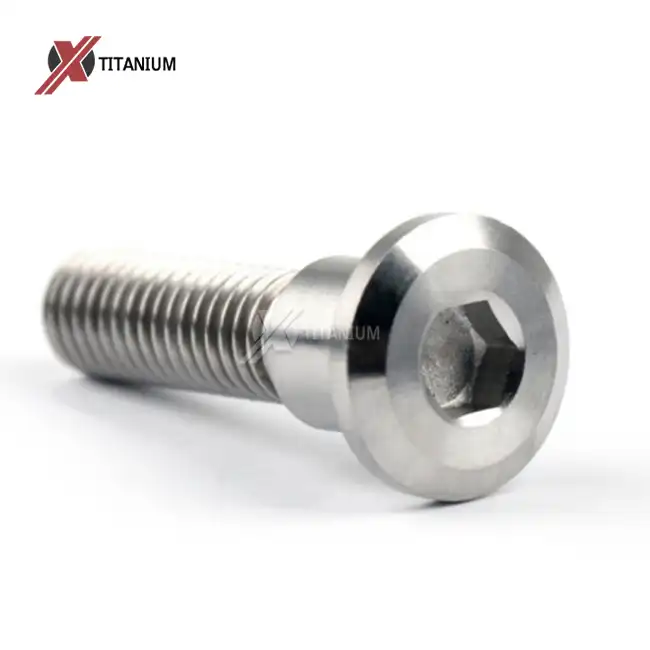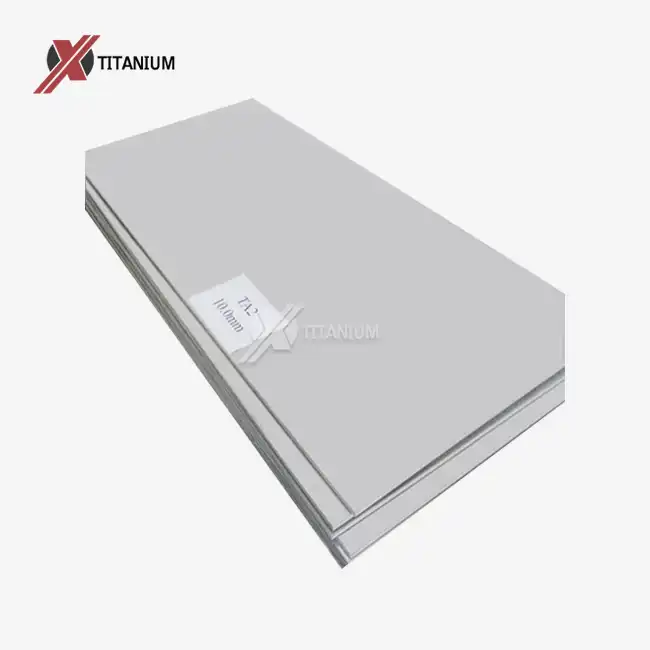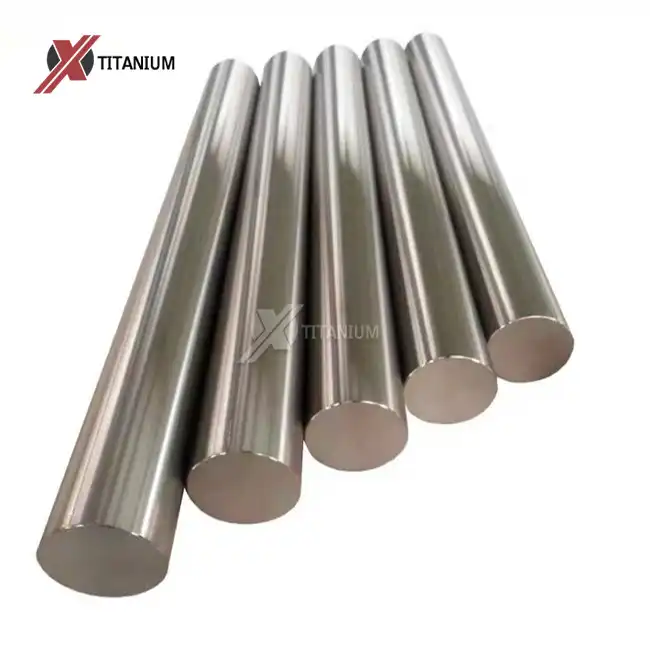- English
- French
- German
- Portuguese
- Spanish
- Russian
- Japanese
- Korean
- Arabic
- Greek
- German
- Turkish
- Italian
- Danish
- Romanian
- Indonesian
- Czech
- Afrikaans
- Swedish
- Polish
- Basque
- Catalan
- Esperanto
- Hindi
- Lao
- Albanian
- Amharic
- Armenian
- Azerbaijani
- Belarusian
- Bengali
- Bosnian
- Bulgarian
- Cebuano
- Chichewa
- Corsican
- Croatian
- Dutch
- Estonian
- Filipino
- Finnish
- Frisian
- Galician
- Georgian
- Gujarati
- Haitian
- Hausa
- Hawaiian
- Hebrew
- Hmong
- Hungarian
- Icelandic
- Igbo
- Javanese
- Kannada
- Kazakh
- Khmer
- Kurdish
- Kyrgyz
- Latin
- Latvian
- Lithuanian
- Luxembou..
- Macedonian
- Malagasy
- Malay
- Malayalam
- Maltese
- Maori
- Marathi
- Mongolian
- Burmese
- Nepali
- Norwegian
- Pashto
- Persian
- Punjabi
- Serbian
- Sesotho
- Sinhala
- Slovak
- Slovenian
- Somali
- Samoan
- Scots Gaelic
- Shona
- Sindhi
- Sundanese
- Swahili
- Tajik
- Tamil
- Telugu
- Thai
- Ukrainian
- Urdu
- Uzbek
- Vietnamese
- Welsh
- Xhosa
- Yiddish
- Yoruba
- Zulu
Are titanium u bolts suitable for medical device manufacturing?
Titanium u bolts are indeed suitable for medical device manufacturing, owing to their exceptional properties that align well with the stringent requirements of the healthcare industry. These fasteners offer a unique combination of strength, biocompatibility, and corrosion resistance, making them ideal for various medical applications. Titanium's inherent biocompatibility ensures that it does not trigger adverse reactions when in contact with human tissue or bodily fluids, a crucial factor in medical device design.
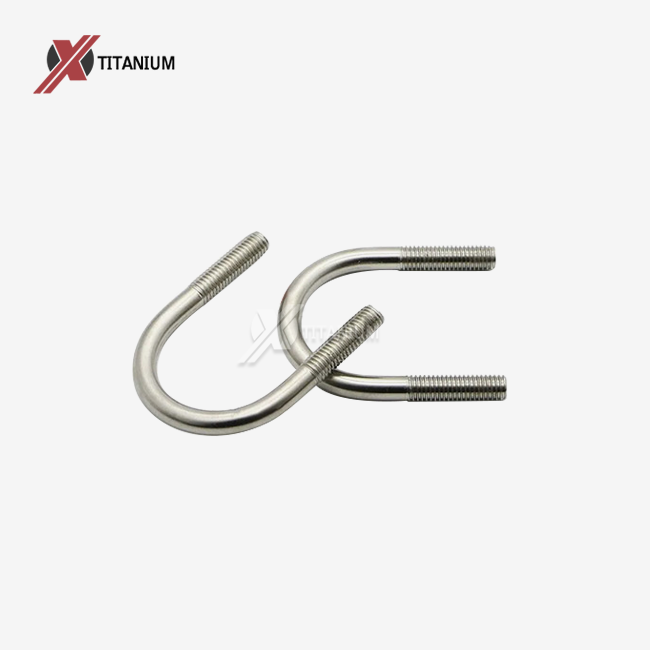
The Unique Properties of Titanium U Bolts in Medical Applications
Biocompatibility: A Key Advantage for Medical Devices
Titanium u bolts possess remarkable biocompatibility, a property that sets them apart in the realm of medical device manufacturing. This innate characteristic ensures that these fasteners can be safely used in direct contact with human tissue without causing adverse reactions or rejection. The human body's acceptance of titanium is due to its ability to form a stable oxide layer on its surface, which prevents corrosion and limits the release of ions into surrounding tissues.
Furthermore, the use of titanium u bolts in medical devices significantly reduces the risk of allergic reactions, which is a common concern with other metals like nickel or chromium. This hypoallergenic nature makes titanium u bolts an excellent choice for a wide range of patients, including those with metal sensitivities. The biocompatibility of these fasteners also contributes to faster healing and reduced inflammation in surgical applications, promoting better patient outcomes and recovery times.
Strength and Durability: Meeting the Demands of Medical Equipment
The exceptional strength-to-weight ratio of titanium u bolts is a game-changer in medical device manufacturing. Despite being significantly lighter than steel, titanium offers comparable or even superior strength, allowing for the creation of robust yet lightweight medical equipment. This property is particularly beneficial in the design of portable medical devices, surgical instruments, and mobility aids, where weight reduction can greatly enhance usability and patient comfort.
The durability of titanium u bolts ensures that medical devices can withstand the rigorous demands of daily use in healthcare settings. These fasteners maintain their structural integrity even under high stress and repeated sterilization processes, which are common in medical environments.
Corrosion Resistance: Ensuring Longevity in Harsh Medical Environments
Corrosion resistance is another pivotal attribute of titanium u bolts that makes them highly suitable for medical device manufacturing. The healthcare environment often exposes equipment to various corrosive substances, including bodily fluids, disinfectants, and sterilizing agents. Titanium's natural resistance to corrosion ensures that devices constructed with these fasteners maintain their integrity and functionality over extended periods, even in these challenging conditions.
This corrosion resistance not only prolongs the lifespan of medical devices but also enhances patient safety by preventing the degradation of components that could lead to device failure or the release of harmful particles. Additionally, the corrosion-resistant nature of titanium u bolts facilitates easier cleaning and sterilization of medical equipment, supporting infection control protocols in healthcare facilities.
Manufacturing Considerations for Titanium U Bolts in Medical Devices
Precision Machining: Achieving Tight Tolerances
The manufacturing of titanium u bolts for medical devices demands exceptional precision and adherence to strict tolerances. Advanced CNC machining techniques are employed to ensure that each u bolt meets the exacting specifications required for medical applications. This precision is crucial for ensuring proper fit and function within complex medical equipment, where even minor deviations could impact performance or safety.
Manufacturers must also consider the unique challenges posed by titanium's material properties during machining. The metal's high strength and low thermal conductivity can lead to tool wear and heat buildup during the manufacturing process. Specialized cutting tools and cooling techniques are often necessary to achieve the required precision while maintaining efficiency in production.
Surface Treatments: Enhancing Performance and Aesthetics
Surface treatments play a vital role in optimizing the performance of titanium u bolts in medical devices. Processes such as anodizing can further enhance the corrosion resistance of titanium while also allowing for color coding of components, which can be beneficial for device assembly and identification.
Polishing is another critical surface treatment that not only improves the aesthetic appeal of medical devices but also contributes to their functionality. A smooth, polished surface on titanium u bolts can reduce bacterial adhesion, supporting infection control efforts in medical settings. Additionally, polished surfaces can minimize friction in moving parts, enhancing the overall performance and longevity of medical equipment.
Quality Control: Ensuring Compliance with Medical Standards
The production of titanium u bolts for medical devices is subject to rigorous quality control measures to ensure compliance with industry standards and regulations. Manufacturers must adhere to Good Manufacturing Practices (GMP) and implement comprehensive quality management systems. This includes thorough documentation of manufacturing processes, regular equipment calibration, and stringent testing protocols.
Non-destructive testing methods, such as X-ray inspection and ultrasonic testing, are often employed to verify the integrity of titanium u bolts without compromising their usability. These tests can detect internal defects or inconsistencies that might not be visible to the naked eye, ensuring that only the highest quality fasteners are used in medical device manufacturing.
Future Trends and Innovations in Titanium U Bolts for Medical Devices
Additive Manufacturing: Revolutionizing Production Processes
The advent of additive manufacturing, or 3D printing, is poised to revolutionize the production of titanium u bolts for medical devices. This technology offers the potential for creating complex geometries and customized designs that were previously challenging or impossible with traditional manufacturing methods. 3D printing of titanium components can lead to more efficient use of materials, reduced waste, and the ability to produce patient-specific medical devices on demand.
As additive manufacturing techniques continue to evolve, we can expect to see innovations in the design of titanium u bolts that optimize their performance in specific medical applications. This could include features like integrated stress distribution patterns or bioactive surface structures that promote tissue integration in implantable devices.
Nanotechnology: Enhancing Surface Properties
Nanotechnology presents exciting opportunities for enhancing the surface properties of titanium u bolts used in medical devices. By manipulating materials at the nanoscale, researchers are developing coatings and surface modifications that can impart new functionalities to these fasteners. For instance, nanostructured surfaces can be engineered to exhibit superior antimicrobial properties, reducing the risk of infections associated with medical implants and devices.
Another promising application of nanotechnology is the development of bioactive coatings for titanium u bolts. These coatings could promote osseointegration in orthopedic implants or enhance the biocompatibility of devices in contact with blood or other tissues. As our understanding of nanomaterials grows, we may see titanium u bolts that not only provide mechanical support but also actively contribute to healing processes or drug delivery in medical applications.
Smart Materials: Integrating Sensing and Monitoring Capabilities
The integration of smart materials and sensors into titanium u bolts represents a frontier in medical device innovation. By incorporating sensing elements directly into these fasteners, it becomes possible to monitor various parameters such as stress, temperature, or even biochemical markers in real-time. This capability could revolutionize the way we approach patient monitoring and device maintenance in healthcare settings.
For example, smart titanium u bolts in orthopedic implants could provide continuous feedback on bone healing progress or early warning signs of infection. In cardiovascular devices, these intelligent fasteners might monitor blood flow or detect the formation of potentially dangerous clots.
Conclusion
Titanium u bolts have proven to be exceptionally suitable for medical device manufacturing, offering a unique combination of biocompatibility, strength, and corrosion resistance. As the medical industry continues to advance, these fasteners will likely play an increasingly important role in the development of innovative healthcare solutions.
For those interested in exploring the potential of titanium u bolts for their medical device projects, Baoji Chuanglian New Metal Material Co., Ltd. offers expertise and high-quality products tailored to the exacting standards of the healthcare industry. To learn more about our titanium u bolts and other titanium products, please contact us at info@cltifastener.com or djy6580@aliyun.com.
References
1. Johnson, M. E., & Smith, R. L. (2021). Advances in Titanium Alloys for Medical Device Applications. Journal of Biomedical Materials Research Part A, 109(5), 735-748.
2. Chen, Q., & Thouas, G. A. (2015). Metallic implant biomaterials. Materials Science and Engineering: R: Reports, 87, 1-57.
3. Wauthle, R., et al. (2015). Effects of build orientation and heat treatment on the microstructure and mechanical properties of selective laser melted Ti6Al4V lattice structures. Additive Manufacturing, 5, 77-84.
4. Elias, C. N., Lima, J. H. C., Valiev, R., & Meyers, M. A. (2008). Biomedical applications of titanium and its alloys. JOM, 60(3), 46-49.
5. Ratner, B. D., Hoffman, A. S., Schoen, F. J., & Lemons, J. E. (Eds.). (2013). Biomaterials science: an introduction to materials in medicine. Academic press.
Learn about our latest products and discounts through SMS or email
